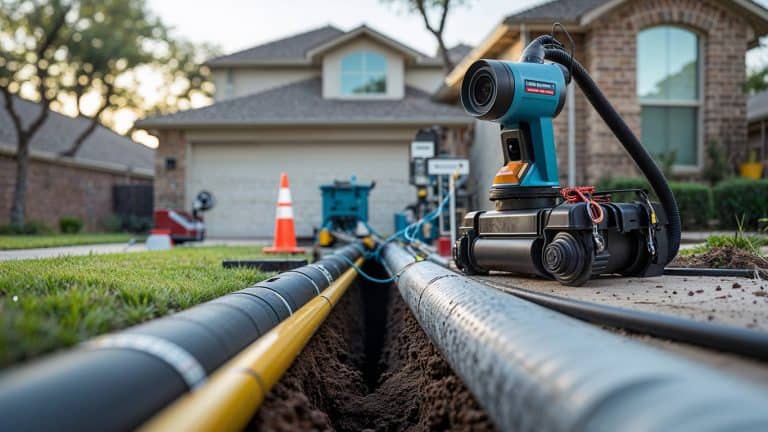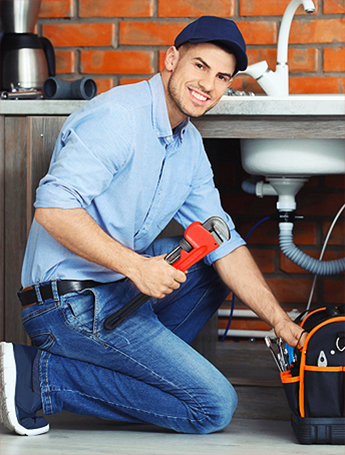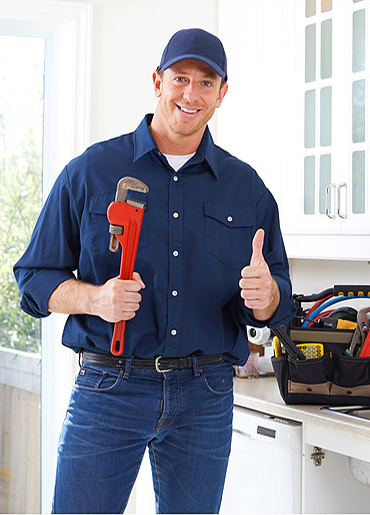
What Are The Disadvantages Of Trenchless Pipe Lining In Boerne?
Introduction
When it comes to maintaining the integrity of underground piping systems, trenchless pipe lining has emerged as a popular choice among homeowners and businesses alike. With its promise of minimal disruption, cost-effectiveness, and enhanced durability, this innovative method has gained traction in various regions, including Boerne. However, as with any technology, it’s essential to weigh the advantages against the potential drawbacks. This comprehensive article delves into the disadvantages of trenchless pipe lining, especially tailored for those residing in Boerne. By exploring both sides of the coin, we aim to provide a balanced perspective that empowers you to make informed decisions about your plumbing needs.
Understanding Trenchless Pipe Lining
What is Trenchless Pipe Lining?
Trenchless pipe lining is a no-dig technique used for repairing or replacing existing pipes without extensive excavation. This method involves inserting a resin-saturated liner into a damaged pipe and allowing it to harden, effectively creating a new pipe within the old one.
How Does No Dig Pipe Repair Work?
The process typically begins with an inspection using cameras to assess the condition of the existing pipes. Once identified, specialized equipment is used to insert the liner through access points or existing openings. The resin inside the liner is then cured using heat or UV light, providing a robust solution that can last for decades.
Weighing the Pros and Cons: Disadvantages of Trenchless Pipe Lining You Should Know in Boerne
While trenchless technology offers exceptional benefits like reduced labor costs and minimal disruption to landscaping, it’s crucial also to consider its downsides.
1. Cost Considerations: Is It Worth It?
Initial Investment vs. Long-Term Savings
One of the significant disadvantages of trenchless pipe lining is its initial cost. Depending on various factors such as pipe length and diameter, prices can skyrocket compared to traditional methods. However, many argue that this upfront investment pays off over time due to reduced maintenance costs.
Hidden Charges and Unexpected Expenses
Homeowners may encounter hidden charges related to site preparation or additional repairs needed before installation can begin—costs that could make budgeting tricky.

2. Limited Applicability
Not Suitable for All Pipe Types
Trenchless techniques may not be applicable for all types of piping systems. For instance, extremely damaged pipes that have collapsed might necessitate traditional excavation methods instead.
Soil Conditions Matter!
The soil type plays a crucial role in determining whether trenchless methods are suitable for your property. Rocky or unstable soil may complicate installation efforts.
3. Potential for Misalignment Issues
Challenges During Installation
Although trenchless technology aims for precision during installation, misalignment can occur if not executed correctly. This misalignment can lead to leaks or future blockages—a nightmare scenario!
Long-Term Implications on Drainage Systems
Improperly aligned pipes can negatively impact drainage efficiency over time, leading to further complications down the road.
4. Curing Time: What You Need To Know
Wait Time Before Usage
Once installed, there’s usually a curing period required before water flow can resume through the newly lined pipes. This delay might inconvenience homeowners who rely heavily on their plumbing systems.
Temperature Variations Affecting Cure Rates
Curing times can vary significantly based on weather conditions; colder temperatures may extend these periods beyond expectations.
5. Lack of Visual Inspection Post-Installation
Difficulties in Assessing Quality Assurance
After installation is complete, obtaining visual evidence regarding quality becomes challenging unless further inspections are conducted later on—a potential downside worth noting!

6. Environmental Concerns Over Materials Used
Chemicals Employed During Installation
Many liners use chemical resins that could raise concerns regarding environmental safety if mishandled or improperly disposed of after use.
Waste Management Post-Project
Homeowners need clarity around what happens with leftover materials post-installation—another factor influencing decision-making when considering trenchless options!
Comparative Analysis: Trenchless vs Traditional Methods
| Feature | Trenchless Pipe Lining | Traditional Excavation | |----------------------------------|-------------------------|--------------------------| | Cost | Higher initial investment but lower long-term maintenance costs | Lower initial investment but higher ongoing repair costs | | Disruption | Minimal landscape damage | Significant landscape disruption | | Speed | Generally quicker | Slower due to extensive digging | | Environmental Impact | Potentially harmful chemicals used | Disturbance from excavation | | Applicability | Limited by soil conditions and pipe type | More broadly applicable |
FAQs About Trenchless Pipe Lining in Boerne
1. What are some common signs that indicate I need trenchless pipe lining?
Common signs include slow drains, frequent clogs, sewer backups, and unusual damp patches in your yard indicating possible leaks beneath the surface.
2. How do I choose between trenchless pipe lining and traditional methods?
Consider factors like budget constraints, urgency of repairs needed, soil conditions at your property location along with potential future maintenance requirements before deciding which method suits you best.
3. Can I perform my own inspection before calling professionals?
While you can do basic visual checks around your property (like looking for wet spots), it's advisable always seek professional help equipped with advanced tools like video cameras for thorough inspections.
4. How long does trenchless pipe lining typically last?
When properly installed using high-quality materials under ideal conditions; expect longevity ranging from 50 years up depending on usage patterns & environmental factors surrounding them!
5. Will my insurance cover trenchless repairs?
Coverage policies vary widely based on individual plans so check directly with your insurance provider regarding specific details about coverage related specifically towards plumbing repairs done via trench-less technologies!
6: Are there any warranties associated with these services?
Most reputable contractors offer warranties lasting anywhere between five years up through lifetime guarantees depending upon workmanship or material selections made during installations!
Conclusion: Weighing Your Options Wisely
In conclusion—while trenchless pipe lining presents innovative solutions catering specifically towards modern plumbing challenges faced by homeowners today—the disadvantages cannot be overlooked either! It's essential when making decisions regarding home repairs—to evaluate professional sewer repair companies both pros & cons thoroughly before settling down upon any particular route taken forward! Always consult skilled professionals familiarized with local regulations ensuring compliance throughout processes undertaken; consider getting multiple quotes allowing comparisons across different providers available nearby too! Choosing wisely will afford peace-of-mind knowing every effort put forth maintains reliability whilst safeguarding investments made over time ultimately enhancing quality living standards enjoyed daily thereafter!!
